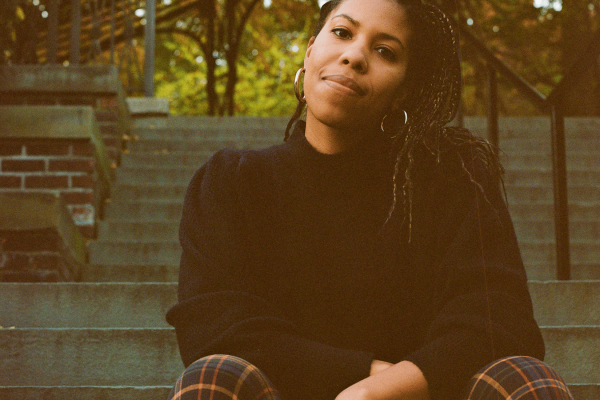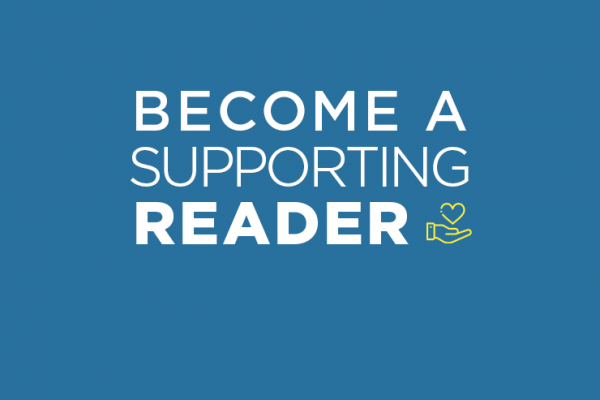Check out the full September/October 2014 issue.
In commencement addresses and presidential speeches, we are admonished to walk in the shoes of others, to understand their pain. Not just understand it but feel it. That is our first step on the path to moral improvement and wakeful action. And it has been difficult to avoid imagining the suffering, both hidden and visible, that has been revealed in recent weeks: the fatal hopelessness of Robin Williams’s depression, the rage of the Ferguson community, the terror in Gaza. Does empathy live up to its promise: Without it, will we turn our backs on those who need help? Does it prompt us to act?
Our forum in this issue asks whether empathic identification with the suffering of others has the moral virtues that its proponents claim for it. Paul Bloom, Brooks and Suzanne Ragen Professor of Psychology and Cognitive Science at Yale University, says no. “If you want to be good and do good,” Bloom writes, “empathy is a poor guide.” It does not make us better, more caring, people; it does not clearly correlate to altruism; and it threatens distraction and paralysis rather than constructive action. Luckily, he says, it is not necessary for compassion—the more distanced love and concern for others that the world truly needs.
Several respondents to Bloom disagree sharply: without focused feelings, they say, our decision making can be flawed—or worse, lead to atrocities. Others contend that compassion and moral action cannot be separated from empathy: feeling comes first, and only then can reason direct constructive action. Philosopher Jesse Prinz argues that feeling is crucial, but righteous anger, not empathy, will move us to moral action.
Elsewhere in this issue, too, conventional wisdom comes under pressure. Lelac Almagor argues that standardized testing, subject to significant reform, may not be so bad (“The Good in Standardized Testing”); Bill Simon thinks that privacy may be overrated (“Rethinking Privacy”); and columnist Claude Fischer wonders whether one of our mantras—ideas matter—is really true.
And don’t miss Sadik al-Azm, a preeminent Syrian intellectual, who rewrites our understanding of his country’s violence. It is not a civil war, he says, but a revolution, as he draws attention to the state’s slaughter of Sunnis and the willful denials behind Western inaction.







